

 Thursday, September 24, 2009
Thursday, September 24, 2009
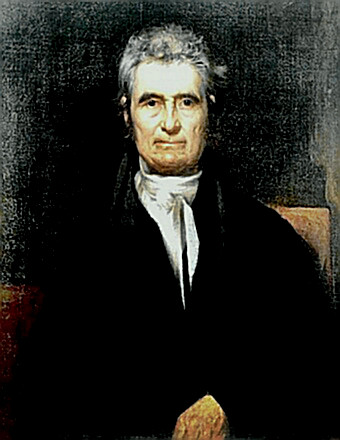
[1755 - John Marshall, attorney, 4th Supreme Court
Chief Justice, born in Fauquier County, Virginia]
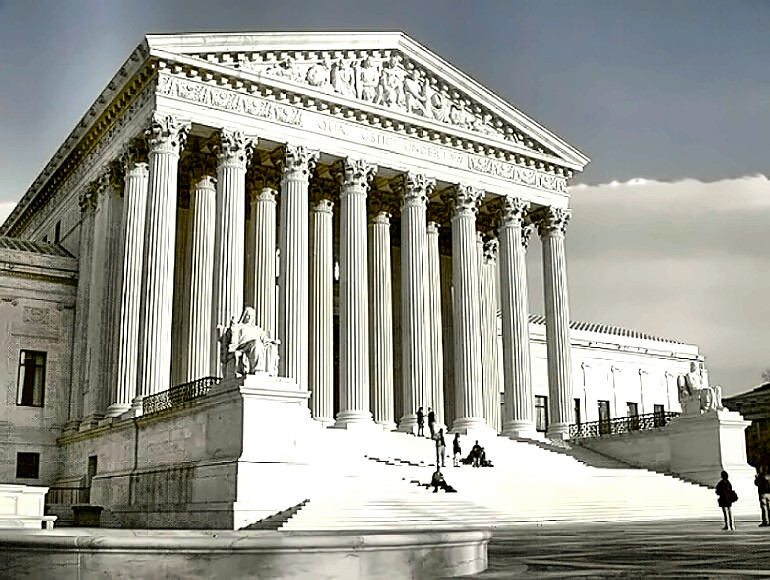
[1789 - US Supreme Court is established by Judiciary Act of 1789]
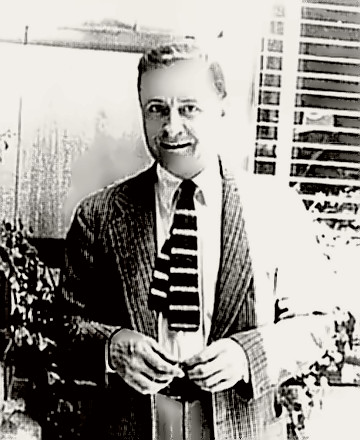
[1896 - F. Scott Fitzgerald, writer, born in St. Paul, Minnesota]
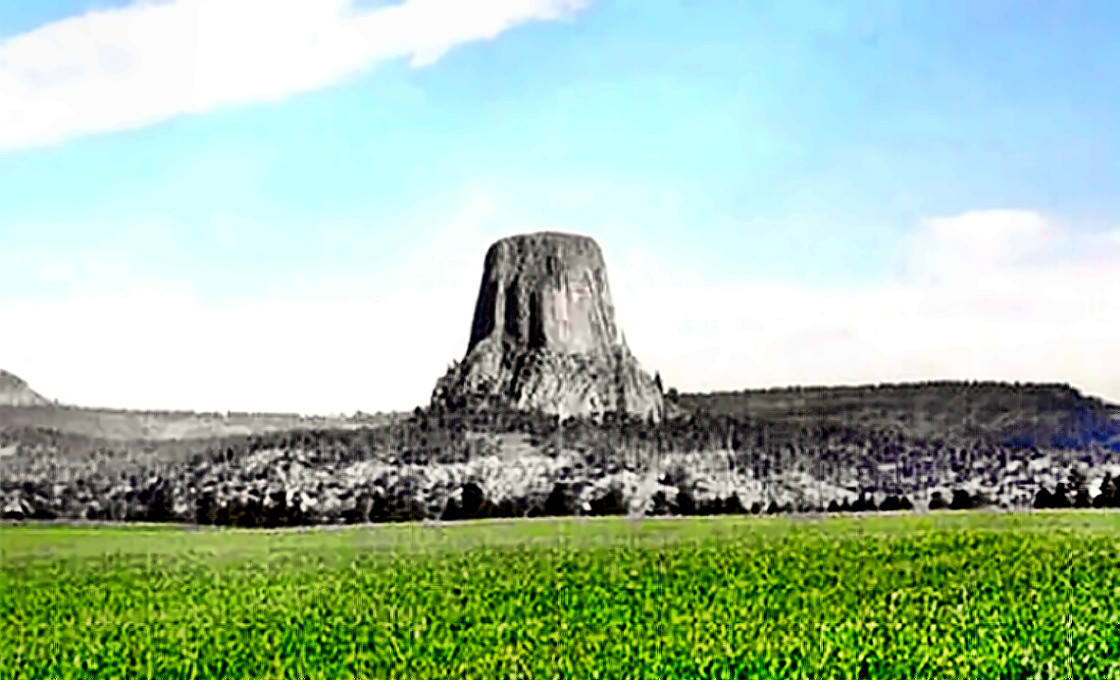
[1906 - Devil's Tower, Wyoming is established as first national monument]
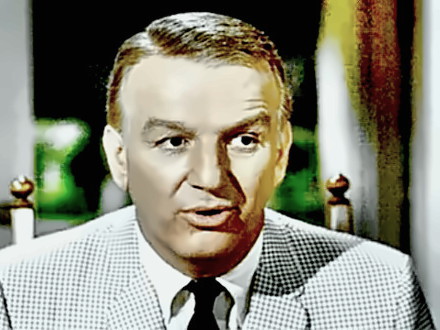
[1912 - Don Porter, actor, born in Miami, Oklahoma]
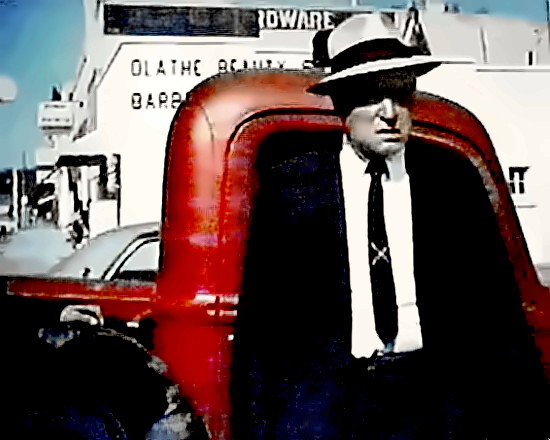
[1915 - Larry Gates, actor, born in St. Paul, Minnesota]
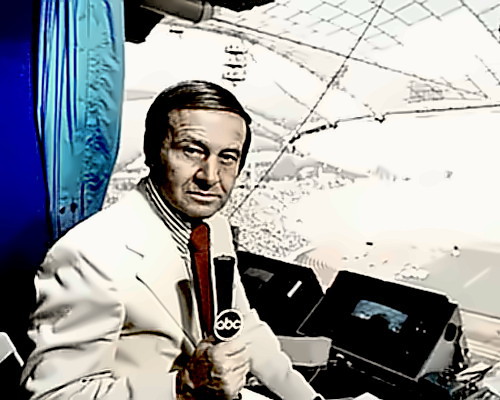
[1921 - Jim McKay (McManus), Emmy Award-winning sports commentator, born
in Philadelphia, Pennsylvania]

[1931 - Anthony George Newley, singer, actor, writer, born in London]
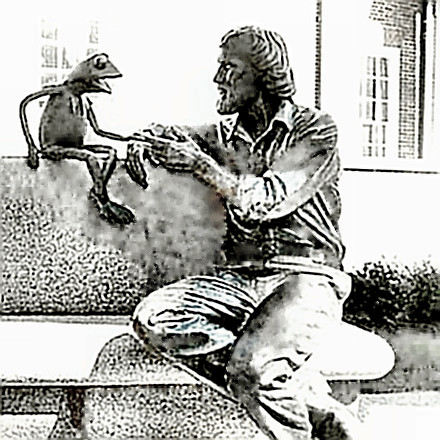
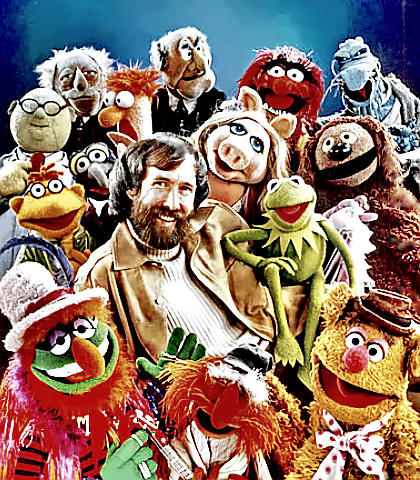
[1936 - Jim (James Maury) Henson, muppeteer, born in Greenville, Mississippi]
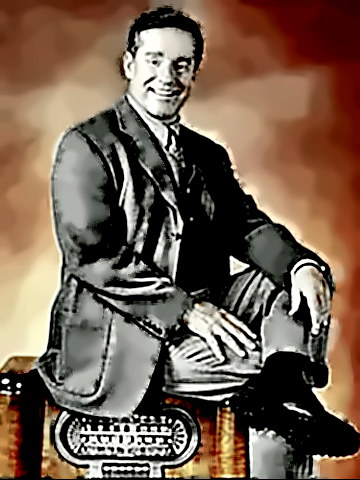
[1948 - Philip Edward 'Phil' Hartman, actor, comedian,
born in Brantford, Ontario, Canada]
Secular Religious Teaching?
A group called the Bible Literacy Project published what they label a 'secular' high school textbook. This 392 page textbook, that is denominated The Bible and Its Influence, raises some eyebrows among those of us who still believe in the Constitutional principle of separation of church and state.
According to proponents of this textbook, it is a 'secular' effort to educate young Americans, many of whom know little about a work (The Bible) that is central to Western civilization. New York investment banker, Chuck Stetson, who established the Bible Literacy Project, spent considerable time and money consulting with religious leaders and First Amendment experts in an attempt to produce a text that could withstand legal scrutiny. Mr. Stetson reportedly became concerned after a Gallup poll taken in 2004 found that only half the teens surveyed knew the story of Jesus turning water into wine. Apparently, no one pointed out to Mr. Stetson that if indeed it is important for our youth to learn more about Jesus' miracles, the place to do that would be in church, Sunday school, and Bible study classes. Parents who wish to inculcate these stories into the minds of their children really ought to send them to the religious institution of their choice, instead of relying on taxpayer-funded public schools to teach religious dogma.
Putting aside for the moment that secular Bible study is an oxymoron, I dare say folks would have no objection to teaching the Bible as a literary work as long as equal time were given to teaching the other religious literary texts that are relied on by the majority of the world's peoples. The problem is that our high schools are already graduating large numbers of students who are barely literate, and who know precious little about our Constitution and Bill of Rights, or US history, mathematics, and other basic subjects that those of us of an earlier generation learned in high school. We would rather see more time devoted in our schools to the teaching of these truly secular subjects, rather than allowing special interest religious groups to siphon off precious classroom time and resources for religious education disguised as literature appreciation.
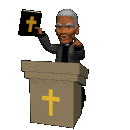
William's Whimsical Words:
As a last resort, the Bible Literacy Project could (like the Gideon Society) distribute copies of the Good Book itself to those parents who share their concerns about children who know too little of the Bible, but that might require parents to take responsibility for the religious education of their kids.
 to Fall 2009
to Fall 2009 to Almanack Main Page
to Almanack Main Page
